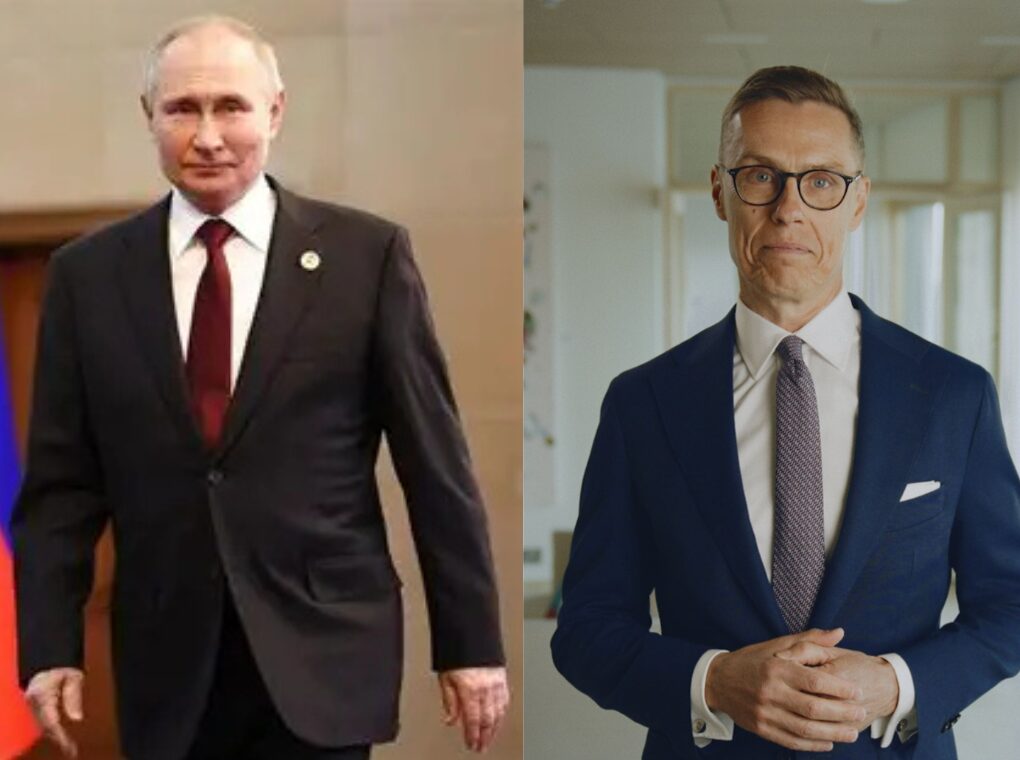Recent reports suggest that Russia is intensifying its information campaign targeting Finland, raising concerns about potential escalation in the region. According to the Institute for the Study of War (ISW), Moscow is employing disinformation and critical rhetoric to question Finland’s stability and policy choices. These developments follow Finland’s accession to NATO in April 2023, a step that has reshaped security dynamics in Northern Europe.
Kremlin’s Rhetoric and Strategic Aims
The ISW notes that Russia’s current approach seeks to undermine Finland’s leadership and promote narratives of domestic instability. This reflects a pattern previously observed in Moscow’s strategies toward other neighbors, where disinformation was used to frame them as threats or weakened states. By casting Finland in this light, Russia may be preparing the ground for more assertive measures, whether in the diplomatic, economic, or security spheres.
On September 18, 2025, Russian officials increased their criticism. Foreign Minister Sergey Lavrov described Finland as having abandoned neutrality in favor of “revanchism,” while presidential envoy Sergey Ivanov stated that relations with Helsinki had been “effectively destroyed” due to Finland’s NATO alignment. These remarks form part of a broader narrative portraying Finland as an adversarial actor.
Context of NATO Membership
Finland’s entry into NATO, alongside Sweden, represented a major departure from its traditional policy of military non-alignment. The decision was influenced by Russia’s invasion of Ukraine in 2022, which heightened security concerns across the Nordic and Baltic regions. With a 1,340-kilometer border with Russia, Finland holds a key strategic position on NATO’s eastern frontier.
Moscow has voiced strong opposition to NATO’s enlargement and has coupled its criticism with hybrid tactics, including disinformation, cyber operations, and military activities near the Finnish border. Analysts suggest that the current information campaign may serve as a precursor to further pressure or limited provocations.
Implications for Regional Security
The Kremlin’s actions carry notable implications for regional stability. By questioning Finland’s stability and portraying it as provocative, Russia could seek to establish justification for escalatory measures. These might take the form of cyberattacks, economic restrictions, or localized military maneuvers.
Finland has responded by strengthening its defense posture since joining NATO. Measures include higher defense spending, reinforced border security, and closer coordination with alliance partners. Helsinki has also emphasized resilience against disinformation through public communication and counter-propaganda initiatives.
International Perspective
NATO and the European Union are closely observing the situation. Finland’s membership enhances NATO’s northern security but also places the country in a position of heightened exposure to Russian actions. NATO leadership has reiterated the alliance’s collective defense commitment, noting that any attack against Finland would invoke a joint response.
The ISW highlights the need for Western states to recognize information operations as a key component of hybrid warfare. Recommendations include strengthened intelligence sharing, cybersecurity collaboration, and coordinated public diplomacy to support Finland in addressing these challenges.
Russia’s information campaign against Finland signals a period of increased tension along NATO’s northern flank. By questioning Finland’s stability and framing its policies as aggressive, Moscow may be shaping conditions for further actions. While Finland continues to reinforce its defenses and deepen cooperation with allies, the episode illustrates the importance of vigilance and coordinated responses to hybrid threats in Europe’s evolving security environment.
